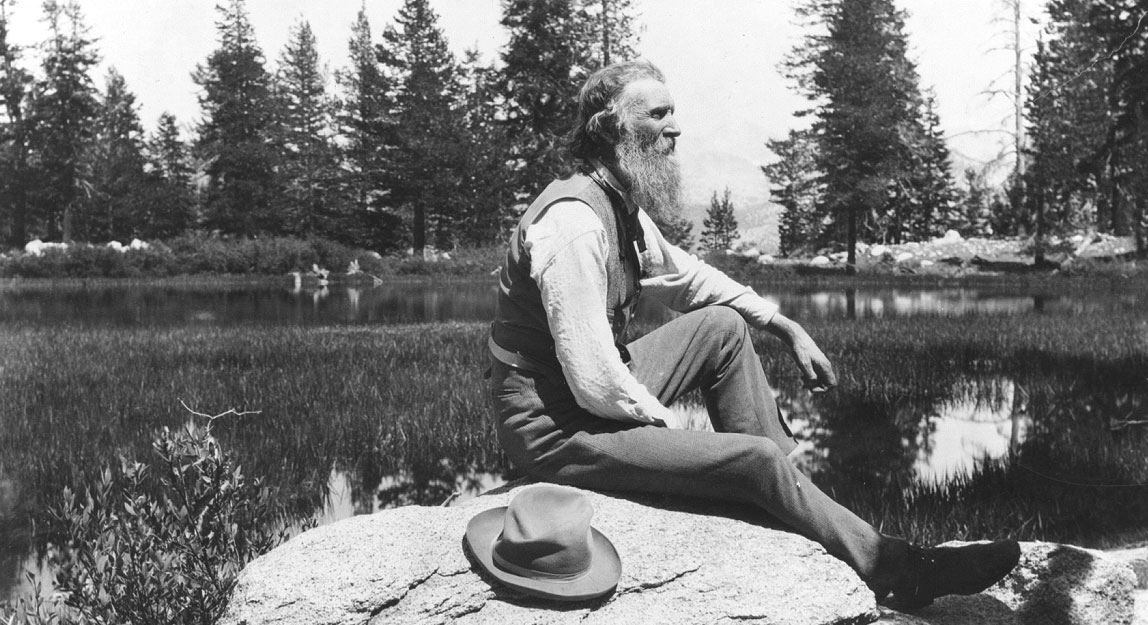For the first part of its existence, the Sierra Club was an exclusive social outings club established to explore, enjoy, and protect the Sierra Nevadas. Membership was often denied to people of color. The Sierra Club acknowledges the harm such discrimination created.
John Muir, one of the Sierra Club’s founders, sparked the movement to preserve millions of acres of land from logging and mining, and inspired generations of people to protect nature. The Sierra Club recognizes the importance of Muir’s conservation efforts with regard to designation of national parks, national forests, and rangelands, which prevented hundreds of millions of acres from being privatized and transferred into the hands of white logging, mining, and livestock grazing corporations enabled by 19th century colonization laws like the Timber and Stone Act, Homestead Acts, and Desert Lands Act.

John Muir | Photo courtesy of the Library of Congress, LC-USZ62-52000 (b&w film copy neg.)
John Muir is a complex historical figure and a symbol of the early conservation movement. The Sierra Club acknowledges that John Muir used derogatory language about Black Americans and Indigenous people that created harm. Muir later recognized and appreciated the achievements of Indigenous people and spoke about the equality of all people and the importance of making public lands accessible for all.
Other Sierra Club leaders, particularly Henry Fairfield Osborne Sr., Joseph LeConte Sr., and David Starr Jordan publicly espoused pseudoscientific theories that people of color are evolutionarily inferior to whites. Such theories served as the basis for eugenics, eventually leading to policies such as forced sterilizations, Jim Crow laws, internments, and anti-immigration. There is no evidence John Muir supported their beliefs. The Sierra Club is committed to being an anti-racist organization, and recognizes that anti-racism is central to creating a sustainable and livable world.